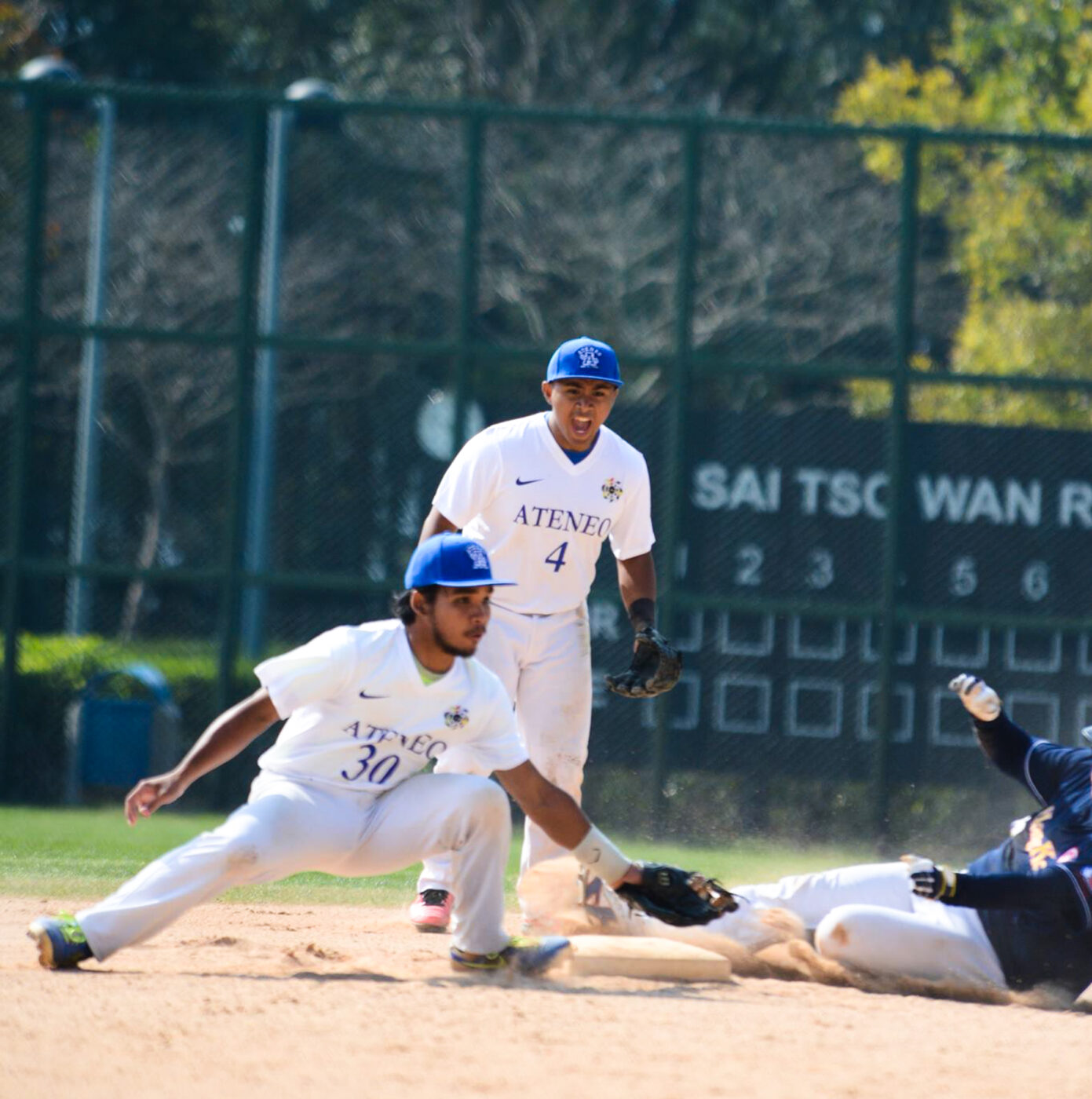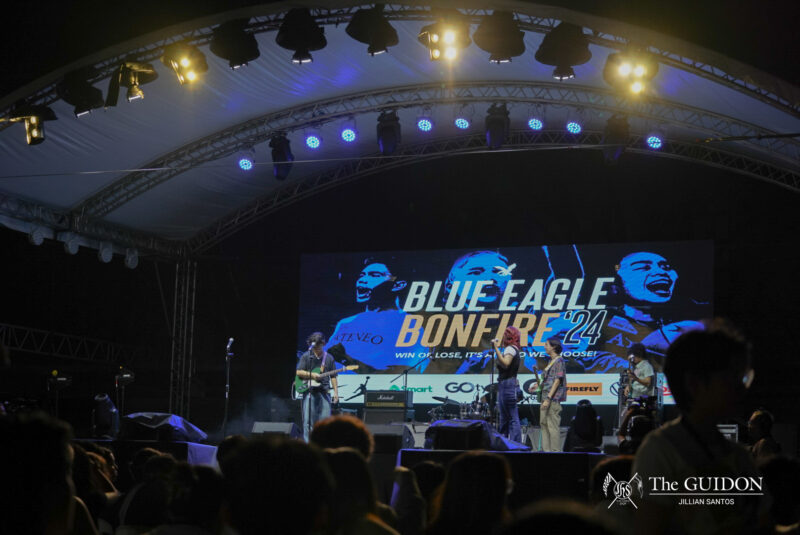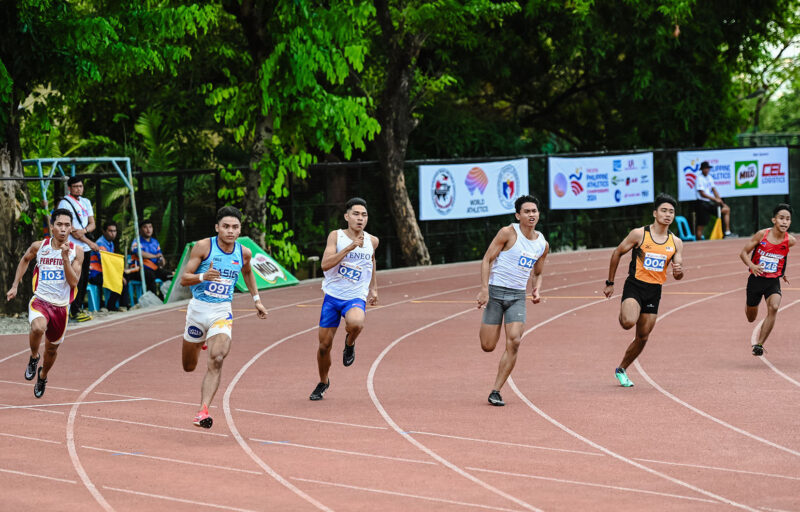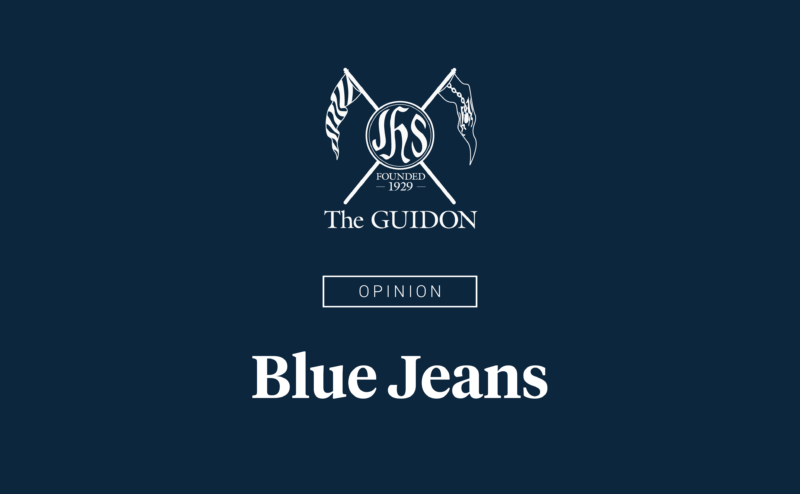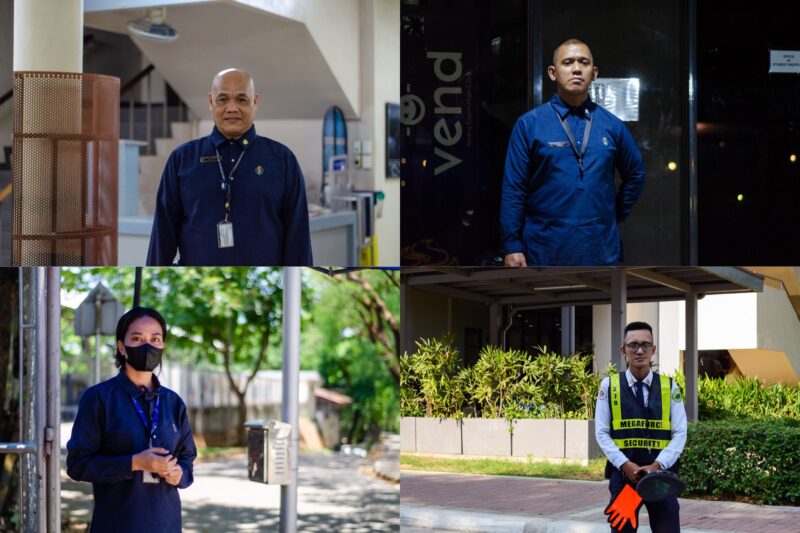A DAY in the life of an Ateneo student-athlete is difficult. Balancing the rigors of school and the physical demands of being a varsity player is no easy task. Each offseason gives every athlete the chance to improve on his or her game away from all the prying fans, the bright lights of the playing venue, and sometimes, the pressures of schoolwork. However, sometimes working diligently on one’s craft is not enough—several Ateneo teams find the need to train abroad to give them that slight edge to separate themselves from the pack.
For some, training abroad is a once in a lifetime event. It is both an opportunity and a privilege to be able to have experts from abroad correct their form, teach them new skills, and more importantly, instill in our athletes the confidence they need to succeed in their respective competitions.
Breaking Misconceptions
Blue Eagle Von Pessumal cracks a smile when told about the general misconceptions about their foreign trips abroad. “Well, it’s very difficult. It’s not easy at all. I know most of my friends and most people think that when we go abroad it’s for fun. To be honest, it is more tiring than it is fun,” the Ateneo sharpshooter said.
During their buildup for the University Athletic Association of the Philippines (UAAP), the Blue Eagles hold annual training trips under renowned skills coach Joe Abunassar over at the Impact Basketball Academy in Las Vegas. For two weeks, the team works out twice a day, focusing on skill development and strength and conditioning. The program helps them prepare for the tough grind of another grueling UAAP season.
Despite the international element of it all, training out of the country is not a vacation, but rather, an investment–one that an athlete or team sent abroad is expected to return on. Leisure is the last thing on an athlete’s mind, when making full use of one’s time is seen as the top priority. Although the environment is different, the never-ending demands to improve remain the same; an athlete must deliver on raised expectations that come with his or her training overseas.
With the troubles of life left back home, an athlete abroad can concentrate more on perfecting his or her craft and devote more hours in the day solely to practice. Given the liberty of time to focus on improving their players’ physical capabilities, teams are given the chance to work unhindered by distractions outside the realm of the sport, while increasing their efficiency on the diamond, pitch, or pool.
For the Blue Batters, nine innings on foreign ground is a routine they have gotten used to. Last year’s semestral break saw the defending champions fly off to Taichung City in Taiwan for a week-long training program alongside the under-18 Chinese Taipei national baseball team.
In addition to playing scrimmages against the Chinese Taipei team, the Blue Batters experienced an intensified system of regular practices. “Training was definitely more intense,” says Blue Batter Gabby Tan, “We tried to fit in more work every day by training twice a day, and we would run around the city of Taichung early in the morning for a good five kilometers or more.”
Meanwhile, Blue Tankers Jessie Lacuna and Axel Ngui and Lady Tanker Hannah Dato are no strangers to training abroad. The three Tankers trained for a seven-week period that lasted from April to May in Canberra, Australia in preparation for the 2015 Southeast Asian Games and the 78th Season of the UAAP.
The seven weeks in the Australian capital consisted of practices being held twice a day on weekdays. According to Ngui, “It was very different from during the regular school year because in Australia, we didn’t have to spend time studying, so we had more time to recover and focus on our workouts.” Ngui admits that he is waiting to see how representing the country will aid the Tankers as they defend the crown in the upcoming season.
Preparing for the grind
However, international training does much more for teams and athletes than statistics can show; it opens their eyes to levels of competition they may one day reach and skill they may one day attain. Exposure is a huge factor in athletic development, where having too little may impede the growth of an athlete. There are some tricks of the trade that cannot be learned in theory and certain levels of skill that cannot be achieved when local competition becomes all too familiar. A change in environment precipitates a change in the nature of training and, more often than not, yields positive results.
Von Pessumal’s view of training abroad holds similar truth. “One advantage we have when we train abroad is that we get to see all kinds of cultures of basketball,” he says, “It’s up to us to how we pick out the positives from each culture and try to translate it to our games.”
“The training regimen in Taiwan was very different,” admits fellow Blue Batter Jomo Filart. Having a full range of top-grade resources helped the Batters do twice-a-day daily trainings and play practice games every other day. “We would sleep in a building right next to the very well-maintained baseball field. The batting cages were also very advanced and of high quality and there were at least a thousand baseballs in the storage rooms.”
Aside from the development of talent that is espoused when a team is sent to train overseas, just as important is the growth of camaraderie between teammates, without which, individual physical ability loses its purpose. Being abroad together forges the bond between the members of a team, building the chemistry that contributes to a winning mindset.
Pessumal adds that these trips abroad build camaraderie among teammates both on and off the court. “When you’re in another country, you have no choice but to hang with your teammates because you don’t know anyone else,” he says, while also pointing out that these trips abroad also allow each player to learn his or her teammates’ habits.
But the most important takeaway from these offseason trainings abroad is that it is an indication that another grueling UAAP season is just around the corner. Not only is it a time to physically get in shape, it is also a chance for each athlete to mentally prepare for the challenges, expectations, and pressures that come with being an Ateneo athlete.
People see only what the members of the team choose to post on social media. They see which places they visited, where they ate their last meal, or which celebrity they just bumped into. What people don’t get to see is the time and effort they exert to raise the level of their game, in the hopes of bringing another championship back to the Ateneo.

